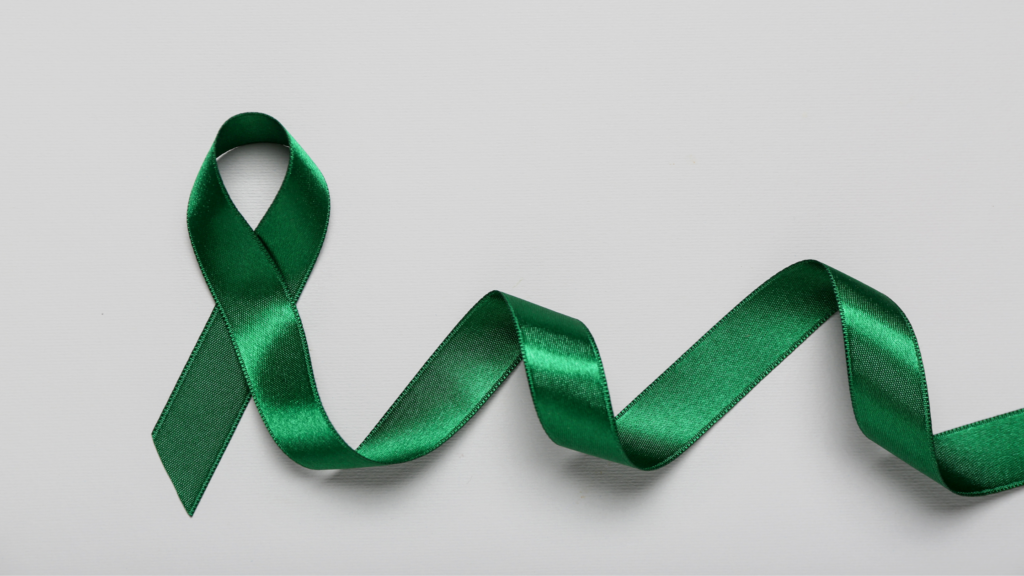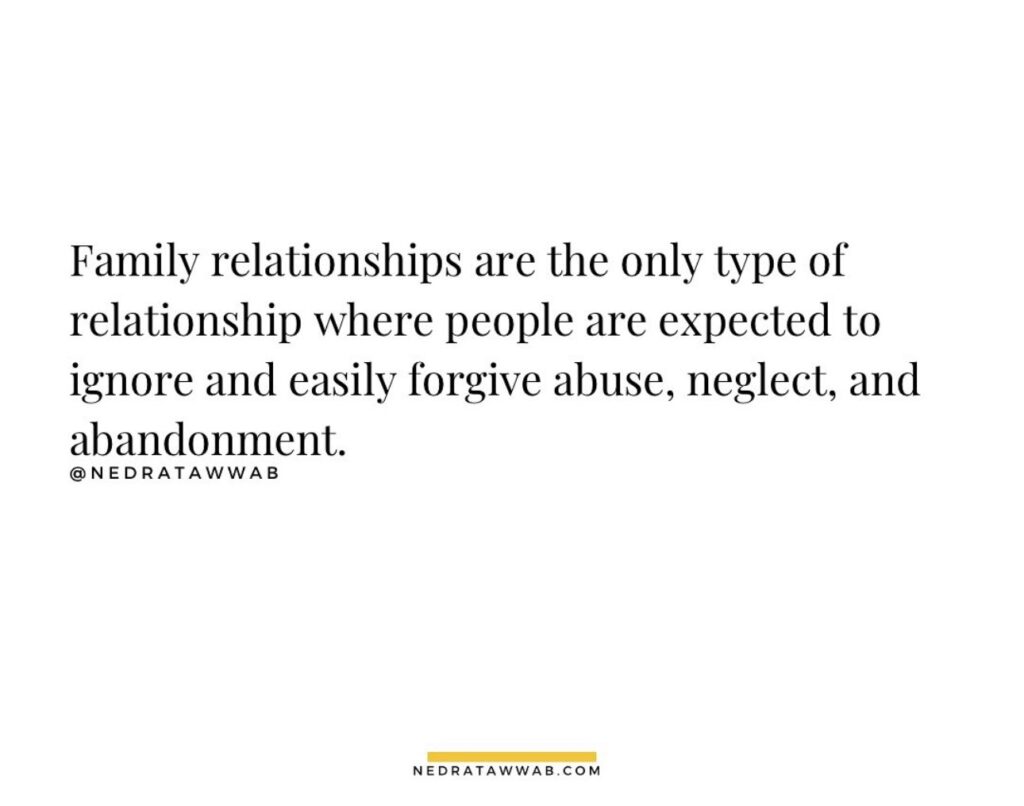Home > Mental Health Awareness Month: Our Team Talks Holistic Approaches, Loneliness, Trauma-Informed Storytelling, and More

Since 1949, May has been observed as National Mental Health Awareness Month to address the challenges faced by millions of Americans living with mental health conditions. The South Southwest Mental Health Technology Transfer Center Network (MHTTC) is dedicated to destigmatizing mental health, supporting our community with educational resources, and advocating for policies that focus on the well-being of individuals and families affected by mental illness.
This year we’re fostering open conversations by asking our team about mental health topics they’d like to see prioritized and what Mental Health Awareness Month means to them. Here’s what they had to say:
“I've recently been diving into some of the research on loneliness and its impact on health, mental health, and well-being overall. I think it's something that hasn't been discussed too much, but it's growing.
During the last Eclipse, I was watching the NASA livestream when the U.S. Surgeon General came on to share a message. One of the things he talked about was this global epidemic of loneliness and its impact on people's health. He linked that to the shared experience that so many people were having during the eclipse.
It's interesting to see people beginning to recognize how closely tied connection is to health and well-being. We're in the early phases of thinking about our mental health system as helping people connect with their community and others as a core function of our roles.”
— Dr. Molly Lopez, Director of the Texas Institute for Excellence in Mental Health
“Molly, I was so excited to hear you say that because I think isolation was the one that kept coming up for me. Coming out of the pandemic, it's a lot of what we hear. People are isolated but they don't know how to get out of that isolation.
They chose isolation during the pandemic because that’s what was going to keep you safe but now, they’re unsafe in isolation. Loneliness and isolation can easily go hand in hand, so it’s about balancing the need for community with refilling one’s cup and alone time.”
— Holly Gursslin, M.Ed, NCC, LPC, Senior Program Coordinator
“I like how Dr. Nicole LePera approaches mental health from a holistic approach of mind, body, and spirit. She talks about complex PTSD from your childhood and the impact of having parents who weren't emotionally mature. Learning more about that was very helpful to me.
There's also so much around this idea of, ‘These people are your family, so you have to keep them around even though they’re not good for your mental health.’ But that’s not true. Putting your mental health first should be the priority, regardless of what others might say about maintaining certain relationships with relatives.”
— Zatara Lumen, Administrative Program Coordinator

“I'm a storyteller, so I would say trauma-informed storytelling should be explored more in our space. How can we tell stories and testimonies surrounding mental health to spread awareness without re-traumatizing people or capitalizing on their pain? What language do we need to use to be clear and inclusive without potentially triggering someone and putting them at risk?”
— McKenzie Bentley, Digital Media Specialist
“There's a taboo in our culture that's really not healthy. I think it's something that even in mental health, we don't talk about much. Our culture has largely an unhealthy relationship with death. We avoid conversations about it and we worry about it, but not in a healthy way.
People will do anything to avoid death, but it's an inevitable part of all of our lives. Many people don't even contemplate their death until it's upon them. There’s a lot we could help each other with around processing death, but we just don't talk about it. Anytime that someone can normalize talking about that is a good thing. You’re all going to die, by the way.”
— Glenn Dembowski, Project Services Coordinator
“Mental Health Awareness Month is a time to celebrate resilience and survival for me personally. Sometimes I choose to share my own story around this time of year, and uplift messages of hope and encouragement or share resources that have helped me in the past. I also may grieve or pay respects to people I have lost to mental health challenges.”
— McKenzie Bentley, Digital Media Specialist
“As someone who struggles around mental health, I catch myself thinking well wouldn't life be so much easier if I didn't navigate depression every day, if I didn't have ADHD, and didn't navigate neurodiversity in a world that doesn't always adapt to it?
I think about this quote I love from Shawn Ginwright who does a lot of work around trauma— essentially, he says ‘Wellness isn't the absence of disease, it's the presence of things that make our life worth living.’ I don't think that's a particularly radical idea, but it's something I try to remind myself of.
It's not about the absence of those things. Given that this is my life, what do I cultivate and try to increase the presence of? That's personally and professionally something I'm trying to keep front and center.”
— Darcy Kues, Project Manager
If you’d like to learn more about trauma, Darcy recommends reading Healing Trauma: Restoring the Wisdom of Your Body by Peter Levine.
“I often still get surprised by the negativity associated with mental health. As soon as you say there’s a mental health situation, or someone has a mental health need, there’s immediately a negative tone— even after all this time, all the awareness, and all of the normality of it. I think people forget that everyone is innately born with mental health.
It's all about learning more and understanding how to support everyone's mental health. You can't disconnect the head from the body and expect it to function.”
— Holly Gursslin, M.Ed, NCC, LPC, Senior Program Coordinator
Although our society has come a long way, there are still a lot of misunderstandings and prejudices about mental health. We’ll continue to share mental health resources and have important conversations with our partner organizations and friends in the community.
The South Southwest MHTTC hosts insightful webinars and trainings year-round, and you can stay up-to-date by subscribing to our newsletter!